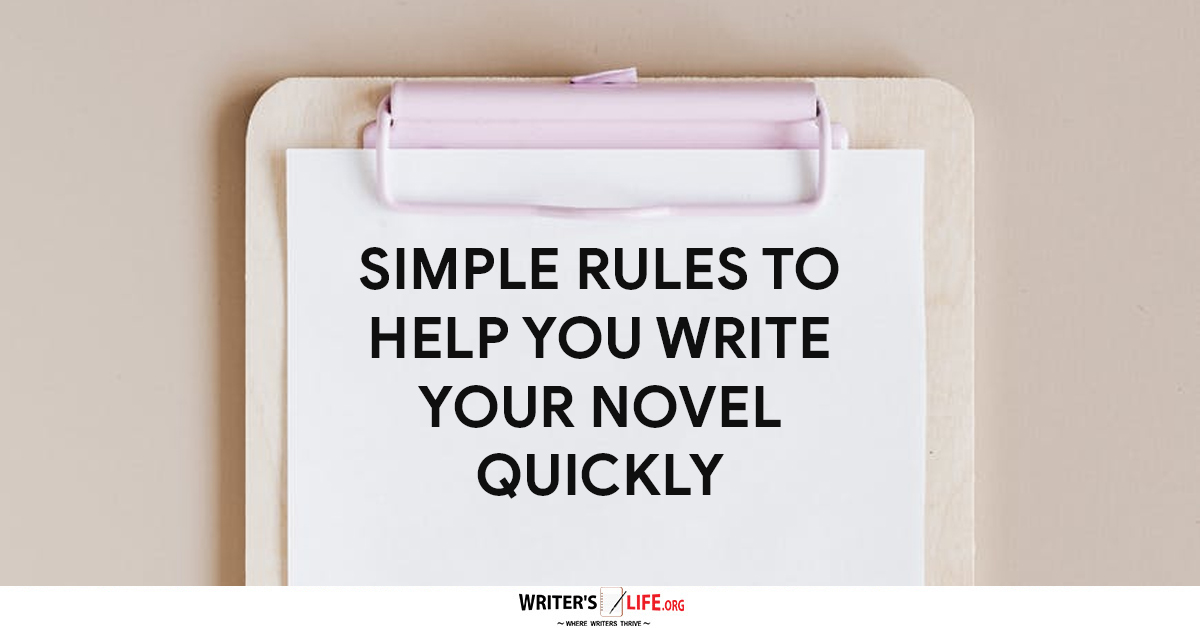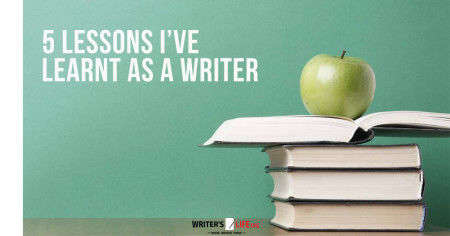- How To Tackle Jealousy In Creative Writing
- Common Submission Mistakes
- How To Stop Your Blog Becoming Boring
- The One Thing Every Successful Writer Has In Common
- How To Make Yourself Aware Of Publishing Scams
- Why Almost ALL Writers Make These Grammar Mistakes At Some Point
- 5 Tips For Authors On How To Deal With Rejection
- Top Mistakes to Avoid When Writing a Novel
- How to Avoid Common New Writer Mistakes
- 10 Mistakes New Fiction Writers Make
How To Create A Useful Outline For Your Story

Research and planning are crucial to any story, and before you even begin you should already have an outline written down. An outline acts as the roadmap for your story, keeps you on the straight and narrow and assures you that you can reach the end of your journey without suddenly becoming unstuck.
Now, we acknowledge that some writers are fiercely against outlining their stories - they feel this stifles their creativity, that it restricts them, and they worry that without taking deviations and off-road adventures their writing won’t be as good as it could be.
An outline, however, doesn’t have to restrict writers. Rather it should be a useful way of ensuring that a story is going to work, and it is up to the writer to follow the outline when they need to, but also give themselves the flexibility to veer from it when a creative idea strikes!
So how do you write a useful outline for your story? Let's take a look.
Write down your premise
The best way to start your outline is to craft your premise. This essentially is your idea for your story. Write down everything you’ve got so far about how you intend the story to unravel.
Brainstorm ideas
Once you have your premise down, now it is time to brainstorm some ideas. Try not to censor yourself during this stage, just let every idea come out and scribble it down. Once you have done this you can start to pull them together, see if there is a theme emerging for your book, and try to put the ideas in a roughly chronological order.
Flesh out your characters
Now it’s time to focus on your characters and get to know them even better. Focus on each character, one at a time. Describe their physical appearance, then get down to the nitty-gritty. How do they speak, what scares them, how to they walk, what makes them unusual? Interview each character and get to know them inside out.
Focus on setting
Try now to create the world that the story takes place in. Start to build locations and settings where you know lots of action will take place. Describe them in as much detail as possible. What kind of places are they, what emotions do they evoke from your characters, what do they notice, hear, and smell when they are there?
Write your chapter outlines
By now you should have a pretty good idea of your story, your characters and the world in which they live. So now it’s time to put that knowledge into practice and write your chapter outlines. Briefly sketch out what happens in each chapter, and when you have done so, sit back and take stock. Does each chapter end on a mini cliffhanger? Are all chapters necessary? Does your story seem like it will be fast paced enough? Go back and change things where necessary until you feel as though you chapter outlines do your story justice. Work out any difficulties until you are confident your story is going to work.
Get writing!
Once you have your outline you can get to work! Remember your outline is there as a guide to help keep pushing you forwards, it’s not set in stone - so if you find yourself going off on a tangent - that’s OK, you can always revise and adjust your outline as you go.

Bethany Cadman -author of 'Doctor Vanilla's Sunflowers'





















4 Comments